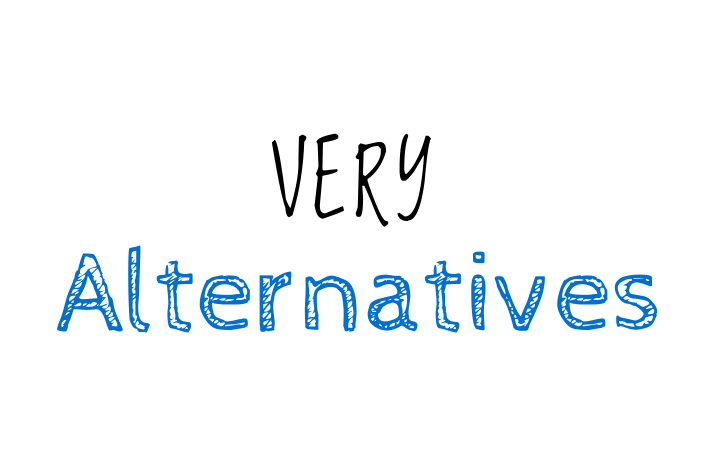Three Expressions to Avoid if You Want to Sound More Natural
Some English expressions seem to exist in only two places:
1. English textbooks
2. The vocabulary of English learners
If you want your English to sound more natural, you should avoid these terms. You want to sound like an English speaker, not an English textbook.
Here are three expressions I often hear from my English students, but never from anyone else.
1 I’m fine. Thank you.
You may have learned this expression in a beginner-level class. I’ve seen it in more than a few textbooks, and I’ve heard it thousands of times from my students.
Outside of English courses, however, it’s not a very common response to “How are you?”
Here’s the proof:
BYU’s Corpus of Contemporary American English (a database with 560 million words in modern American English) only returns 21 hits for “I’m fine. Thank you.”
BYU’s British National Corpus (a database with 100 million words in modern British English) returns zero hits. There is not a single match for “I’m fine. Thank you.”
So we don’t use the expression much, which means you shouldn’t either.
So what can you say instead? Well, it depends on the situation and who you’re speaking to. I recommend reading The Right Greeting for Every Situation in English from Speak Confident English. It’s a helpful article with greetings and responses for a variety of situations. (You’ll notice that “Fine, thanks. And you?” is given as a common response to “How are you?” This is the more natural, less robotic version of “I’m fine. Thank you.”)

2 Yes, I do/No, I don’t, etc.
You probably have an English textbook in your house that devotes multiple pages to short answers like Yes, I do, and No, I don’t.
In class, you probably had to memorize these expressions and practice them over and over again.
“Do you have a dog?”
“Yes I do.”
“Does your grandmother have a dog?”
“No she doesn’t.”
“Are you from Brazil?”
“Yes, I am.”
“Is your husband from Brazil?”
“No, he isn’t.”
“Have you been to Japan?”
“Yes, I have.”
“Have you been to New Zealand?”
“No, I haven’t.”
And guess what? These types of short answers are mostly useless. They sound unnatural and kill conversations.
Think about it. What am I supposed to do next in this conversation?
Me: “Do you like the food here in Orlando?”
You: “Yes, I do.”
I can’t do much with your response, can I? You aren’t contributing anything to the conversation, and you’re making me do all the work. If I have to repeatedly ask you questions while you play defense, I’m going to think you don’t want to talk to me.
This response is a lot better:
Me: “Do you like the food here in Orlando?”
You: “Yes. I love that there are so many international restaurants. We don’t have as many options in my hometown.”
Now you’re giving me something to work with. You’re showing me that you’re actually interested in our conversation. (You could also ask me a question to keep the conversation going.)
Even in situations where a short answer is appropriate, you can usually find a better response than Yes, I did, etc.
Cashier: “Did you find everything okay?”
You: “Yes. Thank you.”
Your teacher: “Have you finished the assignment yet?”
You: “Not yet. Could I have a few more minutes?”
And if you absolutely must use one of these short answers, add a few words to your response so that you sound more natural.
Cashier: “Did you find everything okay?”
You: “Yes, I did. Thanks.”
Your teacher: “Have you finished the assignment yet?”
You: “No, I haven’t. Could I have a few more minutes?”
Here’s the bottom line: Use these expressions sparingly. Short answers like Yes, I do shouldn’t be your default answer whenever someone asks you a question.
3 so-so
I hear this expression at least five times a day from English learners, and literally never from anyone else.
It’s not a common expression at all.
Take a look at the number of matches from BYU’s Corpus of Contemporary American English for so-so, all right, okay, and not bad.
so-so = 28 results
all right = 84,130 results
okay = 63,590 results
not bad = 2,686 results
What about British English? From BYU’s British National Corpus:
so-so = 23 results
all right = 6,333 results
okay = 12,067 results
not bad = 636 results
The results are clear—people don’t use so-so. If you want to sound more natural, go with all right, okay, or not bad instead.

This is by no means a complete list of unnatural expressions that you English learners use. I’m sure I’ll go back to this article and edit it as I find more of these terms.
As general advice, try to use words and expressions that you actually hear people say. Don’t be too dependent on what you’ve learned in textbooks.







